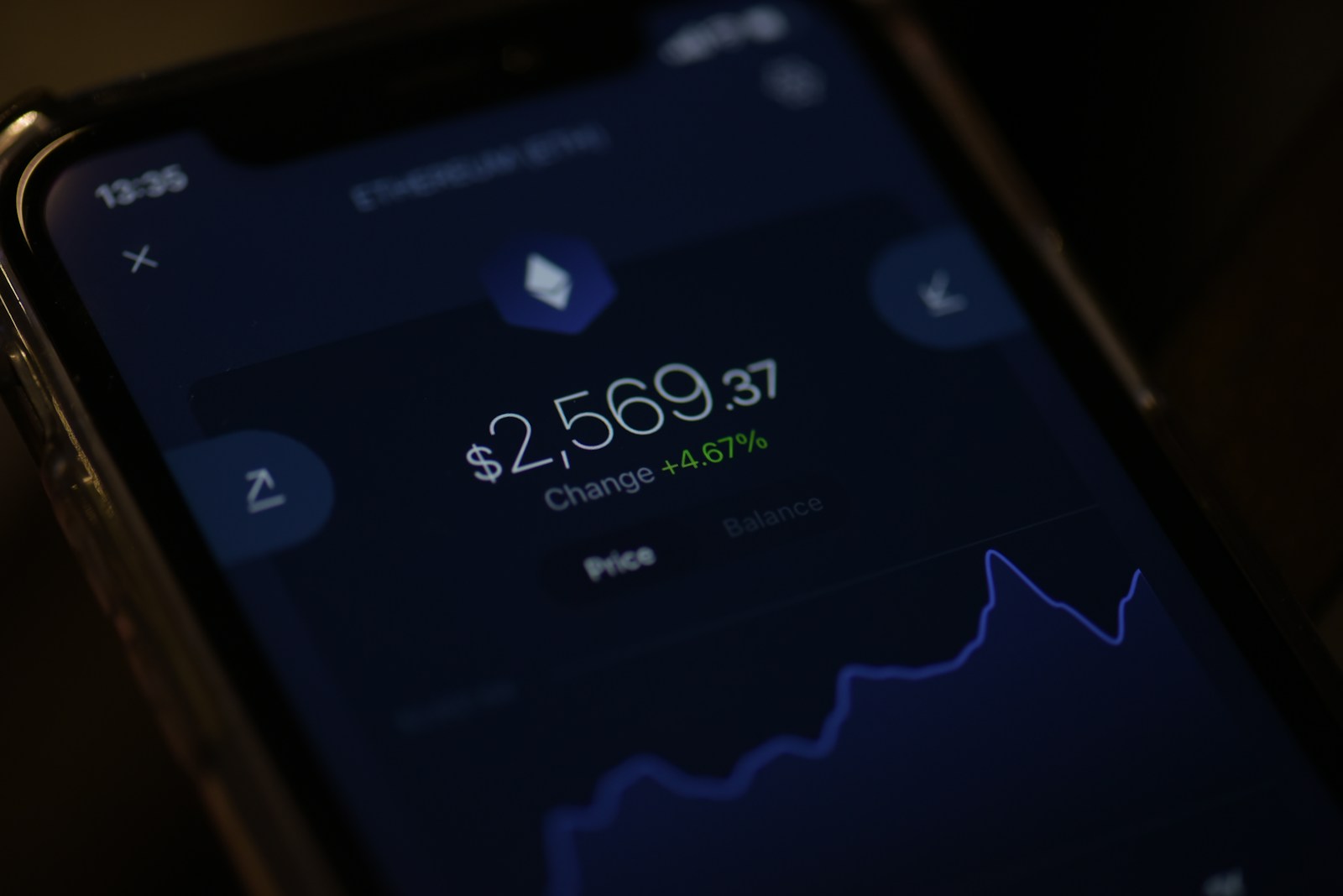There’s a lot going on in those first few years of college, and many of the decisions you make straight out of high school can impact you for several years. For example, this may be the first time you worry about having a good or bad credit history. You’ll need that positive history to buy or rent a home, get loans, and apply for credit cards. There may even be potential employers who want to see a positive credit history. How can you possibly get working on that history?

Revving Up
According to experts, there are several options for building credit from scratch.
- Secured loans (backed by cash deposits up front)
- Credit-builder loans (typically available through credit unions and community banks)
- Co-signers (someone with established history shares responsibility with you)
- Rent- reporting services (track bills you’re already paying)
Once you’ve worked out the circumstances for a credit-building situation, there are some habits you must develop.
- Pay all of your bills and credit payments on time.
- Limit the number of credit accounts you carry.
- Keep your credit balance below 30 percent of your limit.
- Leave accounts open and active even if you don’t have a balance.
- Review your credit reports once a year.
For many college students, purchasing a car is a necessity, and it is also an opportunity to develop a strong credit history.
Owners’ Manuals and Online Reviews
Prepare for this by researching the best habits for buying a car and avoiding some of the worst mistakes. For example, a low monthly payment could be trouble if the loan is spread out over more than three to five years. Make sure you understand how buying a new car versus a used car could impact your credit. Get some expert advice about loans and interest. Talk to a trusted advisor with experience buying cars.
Steer Clear of Common Pitfalls
Avoid some of the following mistakes that could lead to a poor credit history.
- Shopping without knowing what your credit is. If you don’t have credit, you can still get a car loan, but you’ll probably have higher payments and interest rate. You may also need a cosigner.
- Neglecting to research before shopping. Check out websites about the cars that keep their value the longest or which models are safest. Know what you want before you start shopping.
- Choosing monthly payments instead of overall price. Many car dealers talk about monthly payments, and then car buyers end up paying much more than they need in interest. Before you go into the dealership, work out your budget with the total amount you want to spend.
- Adding extra features. Your first car probably doesn’t need an undercoating or a sunroof. Don’t upgrade to pricier models.
With advice from a reliable friend or family member, and maybe some information from your insurance company, you can use a car purchase to establish a positive credit history.
Ready, Set, Go!
Once you buy a new (to you) car or truck, you are ready to start building a positive credit report. Initially, you’ll see a drop in your score because of the new debt. This simply shows that you haven’t yet established reliability through your payment history. As you make your payments on time, it won’t take long for your score to improve. Establishing credit with a car purchase can help you prepare for future loans if you develop good habits right from the start.
While juggling college courses, tuition payments, homework, and other concerns, it may be tempting to let bill payments and car buying decisions slide. However, if you make the determination now to build a healthy credit score, develop positive habits, avoid common mistakes, and involve an advisor in your decisions, you could take the first steps along the path to a healthy credit history.


